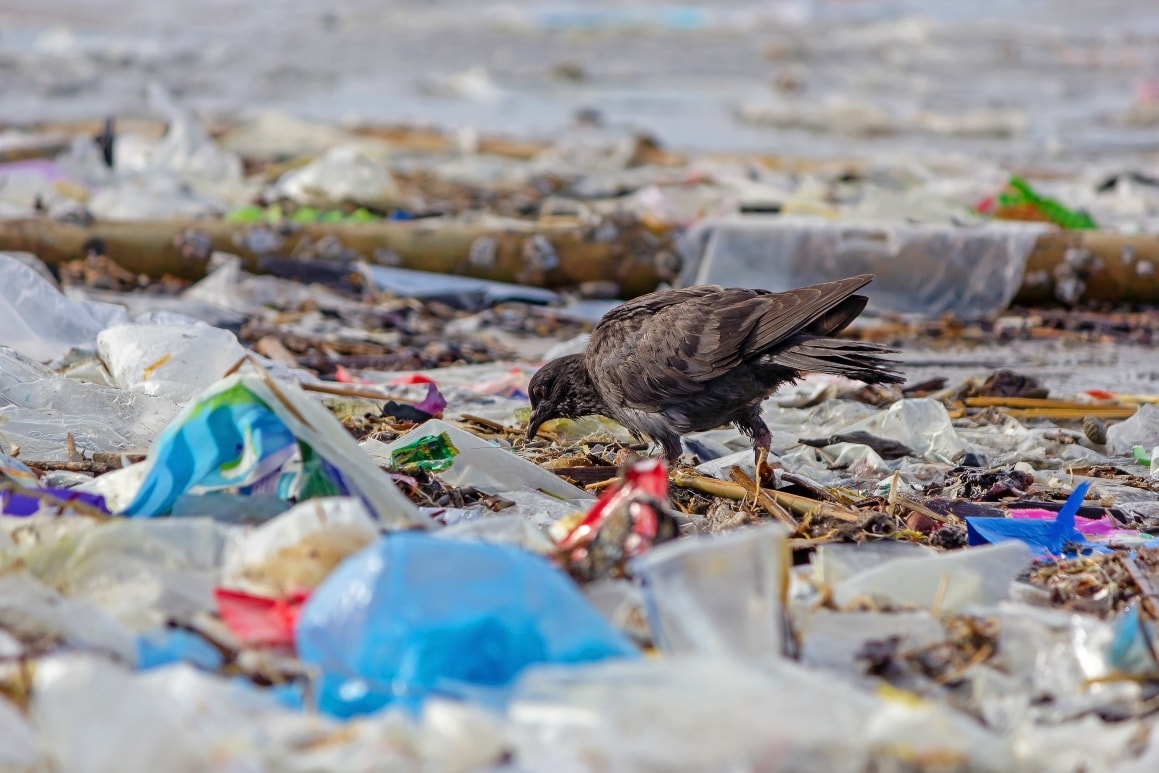Feature Stories

Plastic Waste: Burden or Opportunity?
Every year, we produce over 300 million metric tons of plastic, a staggering 8 million metric tons of which ends up in the ocean.
Plastic waste causes about $13 billion worth of damage to marine ecosystems every year.
A 2016 World Economic Forum report even predicted that there will more plastic than fish in the world’s oceans by 2050.
80% of the plastics that end up in the ocean come from land-based sources like landfills and dumpsites.
Asian countries account for 60% of the plastic waste in the ocean. This is partially due to over-reliance on single-use plastics in these densely populated countries, but the issue is compounded by their inadequate waste treatment capacities.
Stemming the tide
The plastics themselves are not the problem. The real problem is the mismanagement of plastic waste. Instead of demonizing plastics, we should step up our recycling and energy recovery efforts.
Recycling is a great way to prevent waste. But not all plastics are recyclable, and those that are can’t be reused indefinitely. Moreover, the recycling sector has been suffering from low prices and low demand.
Another excellent solution to the non-recyclable plastic waste problem is to use it in energy recovery. When fossil fuels are substituted with plastic waste in cement kilns, energy is recovered efficiently, leaving no residues.
Co-processing plastics in cement kilns reduces the need for incinerators and landfills, and it provides a safe and clean way to reduce waste destined to landfills and dumpsites, plugging one significant source of marine litter.
The OPTOCE project
The “Ocean Plastic Turned into an Opportunity in Circular Economy – OPTOCE” project led by SINTEF (an independent research organization based in Norway) aims to reduce the leakage of plastics into the ocean by involving local energy intensive industries in waste management and energy recovery.
The project will help the partner nations of China, India, Myanmar, Thailand and Vietnam contribute towards achieving the UN’s Sustainable Development Goals on waste management, the circular economy, and marine litter reduction.
Using plastic as fuel is a common practice in many Western countries, but it is still a relatively new concept in many Asian countries. Pilot demonstrations will prove that it can be viable under local conditions. If the OPTOCE project is successful, it will provide a clear roadmap for replication across the region.
INSEE Ecocycle’s role
"Environmentally friendly solutions may not be profitable in the short term, they are the only viable path to a future in which industry and the environment prosper in harmony."
As Thailand’s leader in sustainable waste management, INSEE Ecocycle was invited to join the OPTOCE task force.
INSEE Ecocycle will work with the other members of the task force to quantify the severity of local plastic waste situations, advise on site selection, oversee pilot demonstrations, review the project’s progress, contribute to outreach, raise awareness, and build capacity.
Governments must play their part in reducing plastic waste. But regulations often lag behind innovation, which is why the private sector must take the lead if we are to solve the problem. INSEE Ecocycle knows that while environmentally friendly solutions may not be profitable in the short term, they are the only viable path to a future in which industry and the environment prosper in harmony.




